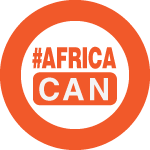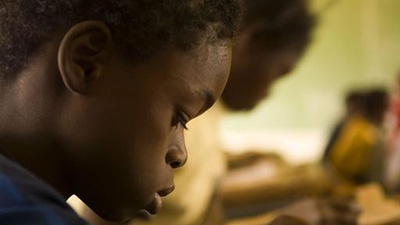Madagascar, a country in southern Africa located in the Indian Ocean east of Mozambique, is the fifth largest island in the world, with a land mass of 587,000 square kilometers and 24.24 million inhabitants in 2016. Its economy is based essentially on agriculture, particularly vanilla, and tourism. Given its unique biodiversity, it is very vulnerable to the consequences of climate change.
Political Context
The founding of the Senate in February 2016 completes the establishment of all of the democratic institutions of Madagascar’s Fifth Republic. The upper chamber comprises 63 senators, two thirds of whom are elected and one third appointed by the President of the Republic. The Constitution now provides that the President of the Senate, Honoré Rakotomanana, will serve as acting president in the event of the resignation, removal or death of the President of the Republic.
During the April 2016 cabinet shuffle, the President, Hery Rajaonarimampianina, appointed Olivier Mahafaly Solofonandrasana as Prime Minister. His main task is to implement the National Development Plan, which focuses on three areas: improving governance, fostering economic recovery, and expanding access to basic social services.
Madagascar received a commitment of $6.4 billion in support of its development projects (2017-2020) during the Conference of Donors and Investors organized by the Malagasy government in Paris in December 2016 with the support of the African Development Bank, the World Bank Group, and the United Nations Development Programme (UNDP). In addition, an envelope of $3.3 billion in investment was announced by the private sector.
Economic situation
The Malagasy economy has been gradually improving and the medium-term outlook is encouraging. Gross domestic product (GDP) growth is expected to reach 4.1% in 2016, exceeding the average rate of 2.6% recorded over the past five years. In 2016, the economy was led by the expansion of the tertiary sector, public works programs, and the recovery in the primary sector, which was aided by favorable weather conditions and higher vanilla prices. Control over inflation and the improvement in the external balance owing to greater inflows of direct investment reinforced economic stability.
However, with an extreme poverty rate of 77.8% in 2012, Madagascar is ranked among the poorest countries in Africa.
Social context
Although Madagascar made some progress in the achievement of the Millennium Development Goals in the 2000s, the political crisis from 2009 to 2014 seriously undermined that progress. Today Madagascar’s education, health, nutrition and water access outcomes are among the poorest in the world.
The country’s development challenges are immense: 90% of the population is poor; per capita GDP stands at $420; one child in two under the age of five suffers from chronic malnutrition; and Madagascar was ranked 154th out of the 187 countries in the 2015 Human Development Index.
Madagascar is also one of the 10 countries most at risk from the effects of global warming.
Last Updated: Jan 10, 2017






